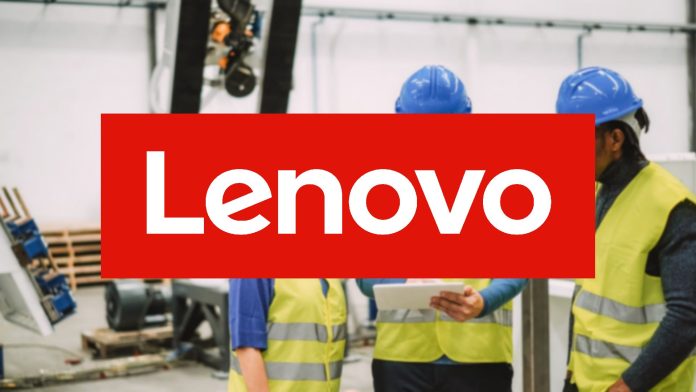As the landscape of education rapidly shifts with the advent of artificial intelligence (AI), Lenovo is stepping up to provide essential tools for teachers and students around the globe. The company’s commitment to enhancing the learning experience comes at a crucial time, as the digital divide continues to hinder access to quality education for many.
AI is now playing an increasingly critical role in education. It enables personalized learning experiences for students while improving the efficiency of educators. With the ability to offer real-time feedback, automated grading, and virtual tutoring, AI stands ready to transform the conventional classroom setting. However, the pervasive issue of insufficient digital infrastructure threatens to leave many students, especially those in underserved communities, without access to these educational advancements.
"The growing use of emerging technologies like AI… requires a shift in K-12 and higher education," stated Lenovo, underscoring the urgency of equipping both students and educators with the necessary skills to thrive in a rapidly evolving workforce.
Small business owners in the education sector stand to benefit significantly from these technological advancements. As AI-enabled tools thrive, they can facilitate personalized learning and help fill the considerable gap in educational resources. For instance, platforms like Khan Academy leverage AI to provide tailored content and feedback based on individual learning patterns, enabling students to progress at their own pace. Furthermore, intelligent digital tutors like Khanmigo offer instant guidance, simulating a one-on-one teaching experience that can prove vital for students who need that extra support.
Educators can also reap the rewards of AI implementation. The world currently faces a shortage of teachers, with a projected need for 44 million additional primary and secondary teachers by 2030. AI tools can significantly lighten the load by automating tasks like grading and managing administrative inquiries, giving educators more time to focus on meaningful student interactions. Moreover, AI can analyze classroom dynamics to recommend targeted strategies for teaching improvements, ensuring that every student receives the support they need.
While the benefits of these technologies are extensive, challenges remain. The lack of consistent internet access and devices is a significant barrier to fully utilizing AI tools in education. As Microsoft and Google education platforms integrate AI capabilities, small schools and businesses may struggle to ensure that all students have equal access to these innovations.
Lenovo is proactively working to address these challenges. The company has collaborated with the State Education Technology Directors Association (SETDA) in the U.S. to develop strategies for improving internet access in K-12 education. This initiative aims to provide a roadmap for policymakers to bridge the connectivity gap that affects millions. Lenovo has also joined forces with UNESCO to support digital transformation in education, contributing to essential events like the Digital Learning Week in Paris.
For small businesses focused on education technology or related services, aligning with Lenovo’s initiatives could lead to new opportunities. Engaging in partnerships to deliver STEM education or aid in bridging the digital divide could enhance business visibility and operational efficiency.
However, small business owners should also consider potential obstacles. As they integrate AI into their offerings, they may face the challenge of upskilling their staff to use these technologies effectively. Opportunities abound, but so too do the responsibilities associated with an evolving workforce that demands more from educators and administrators alike.
Lenovo’s dedication to empowering teachers and students through technology is not just about providing tools; it’s about ensuring that every learner—regardless of their background—has a chance at success in a future shaped by AI. The emphasis on equitable access and the need for ongoing educator training highlight the complex interplay between technology and education, posing both an opportunity and a challenge for small business owners in this sector.
As educational systems work to prepare for the Fourth Industrial Revolution, small business owners within the educational landscape must stay informed and proactive. By engaging with the latest tools and trends, they can better position themselves—and their students—for future success.
For more details on Lenovo’s educational initiatives, visit their website at Lenovo Education. For the original press release, check the source at Lenovo’s news portal here.
Image Via Envato: DisobeyArtPh



